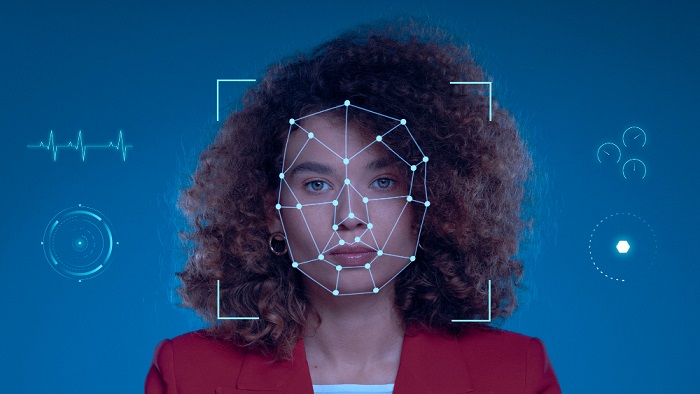Facial Recognition in Australia: Transforming Security and Customer Experience Across Industries
3 min read
In Australia, facial recognition technology has become a cutting-edge solution that is transforming customer experiences and security protocols in a variety of industries. Shopping malls, supermarkets, retail establishments, airports, gaming zones, and transit hubs are all seeing a transformation in their operations thanks to this cutting-edge technology.
Enhanced Security in Retail Environments
Retail establishments and shopping centres have added facial recognition technology to their security protocols. These systems improve overall store security by assisting in the identification of known shoplifters or those involved in fraudulent activity. Through facial data cross-referencing with databases of known offenders, these establishments can deter theft and guarantee a safer shopping environment for both staff and patrons. For more in-depth information please see these CCTV facial recognition systems.
Efficiency in Supermarkets
Supermarkets are using facial recognition technology to make shopping more streamlined and customised. These systems can provide personalised recommendations based on facial data analysis, which expedites the shopping experience for consumers. Furthermore, they facilitate more seamless transactions by utilising facial recognition payment systems, which expedite checkout procedures and minimise wait times.
Also See: Mitigate Spoofing and Identify Theft with The Biometric Face Scanner
Responsible Gambling Practices
Facial recognition is an important tool in the gambling industry for encouraging responsible gaming. Casinos and other gaming facilities can make necessary interventions and offer support to individuals who have self-excluded or struggle with gambling addiction, thereby promoting a safer and more responsible gaming environment.
Heightened Security Measures in Airports
Facial recognition technology is being used by airports to improve security procedures. These systems improve border security, expedite passenger boarding, and help identify potential threats by cross-referencing facial data with watchlists. Please see this website for more great articles.
Efficient Transportation Services
Australia’s transport services are changing due to facial recognition technology. These systems assist in effectively managing crowds, tracking passenger movements, and enhancing security measures in public transportation hubs, such as train stations and bus terminals. They also make contactless boarding and payment systems possible, which enhances the overall experience of travelling.
Also See: How to Use a Gaming Laptop During International Flight? [Play & Enjoy]
Balancing Innovation with Privacy Concerns
Although there are many advantages to facial recognition technology, privacy and data protection concerns have been voiced. Australia has been taking measures to address these concerns by enforcing strict guidelines and regulations regarding the use of facial recognition technology. In order to reduce the risks that could arise from the misuse of technology, authorities have stressed the significance of consent, transparency, and secure data handling. For Government advice please see here.
Future Prospects and Ethical Considerations
Regulation and ethics continue to be hot topics as facial recognition technology develops. Maintaining a balance between ethical considerations and technological innovation is still crucial. Diverse industry stakeholders are proactively participating in discussions aimed at establishing moral frameworks that give equal weight to individual privacy rights and innovation.
To sum up, facial recognition systems have become essential in Australia’s many industries, improving security protocols, increasing operational effectiveness, and changing the way customers interact with the system. To ensure this technology has a positive impact while protecting people’s rights and privacy, it must be used responsibly and ethically.




